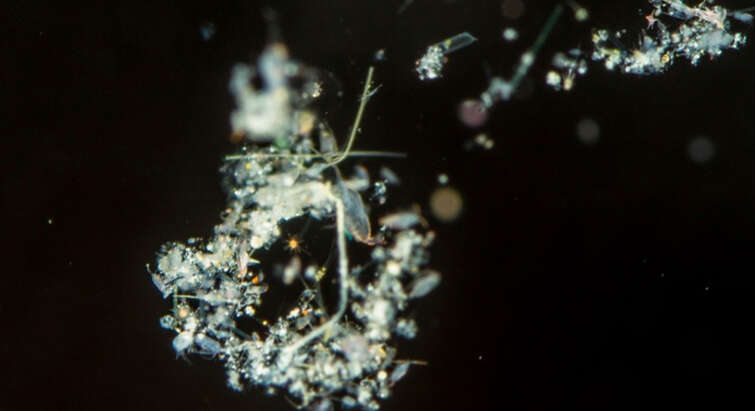
News about Nature and environment
Viser 25 til 48 af 154 dokumenter.

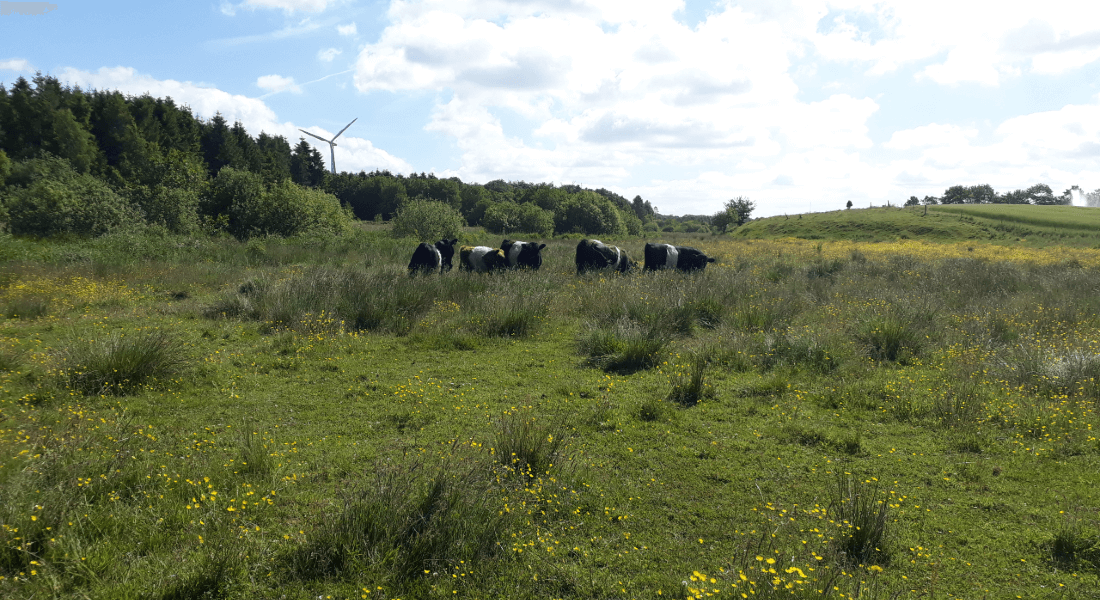
Twenty years on, biodiversity struggles to take root in restored wetlands

Conservation strategies aided by assessment of global genetic diversity
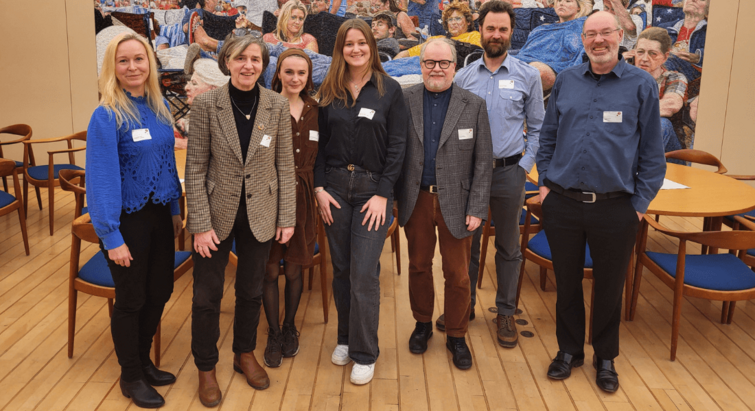
Nordic biodiversity took center stage in Copenhagen
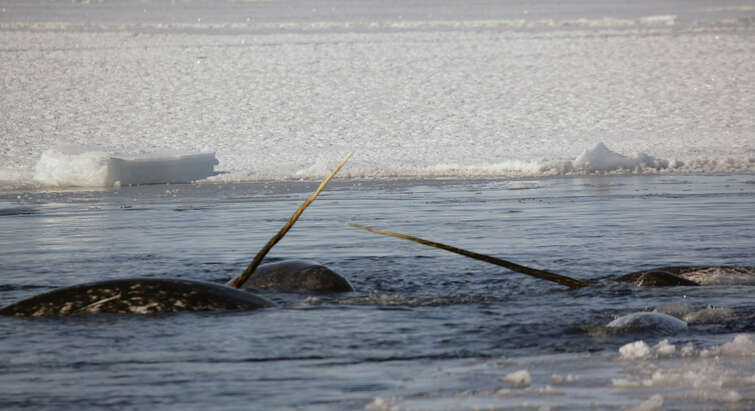
Two new DFF grants on arctic research awarded to Globe researchers
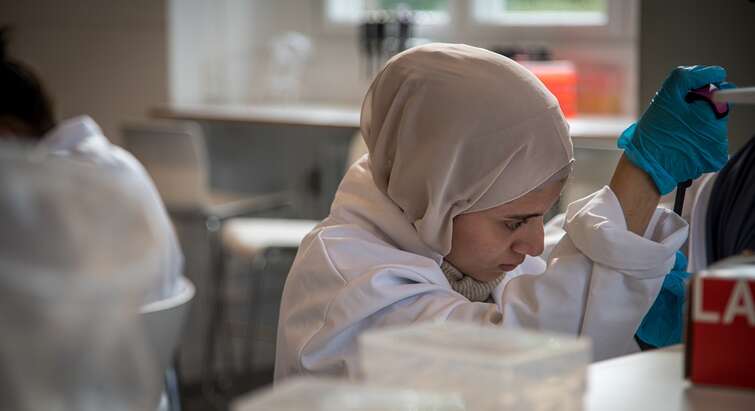
High school students promoted to real researchers
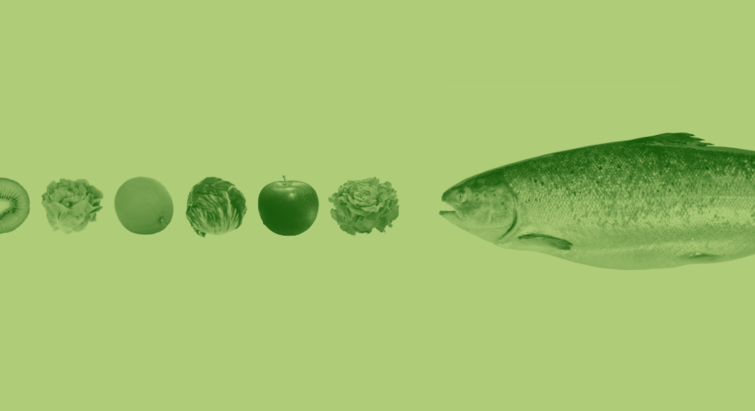
‘Vegetarian’ salmon might lead the way to better health for humans and fish

‘Vegetarian’ salmon might lead the way to better health for humans and fish

‘Vegetarian’ salmon might lead the way to better health for humans and fish

Congratulation Christos!

Hussam new Head of Section
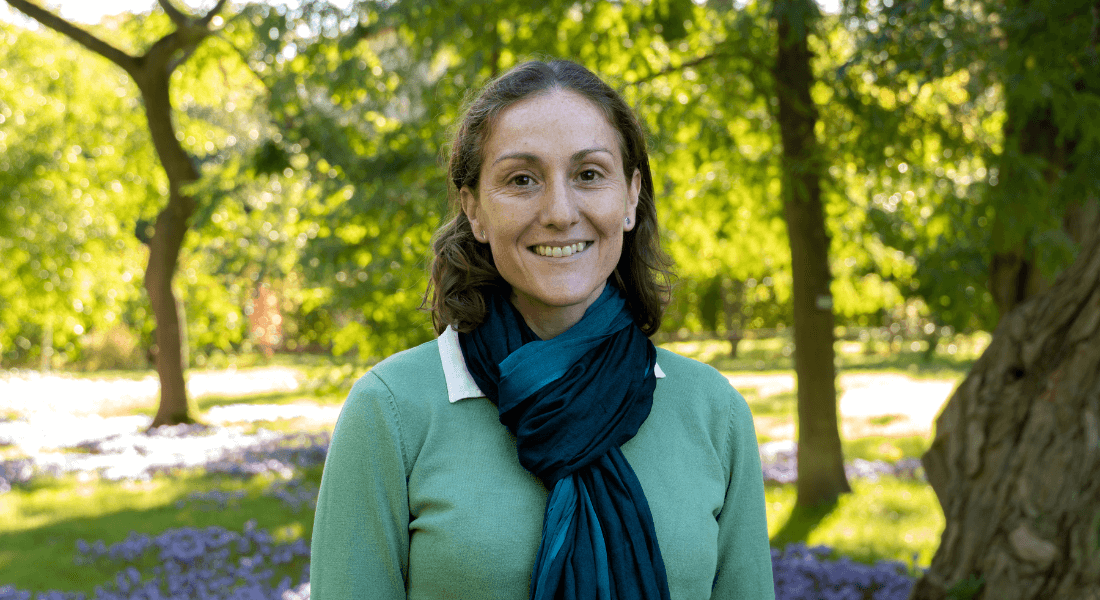
Rosa Lopez Marques becomes Professor in Plant Membrane Biotechnology

Congratulations LIne!
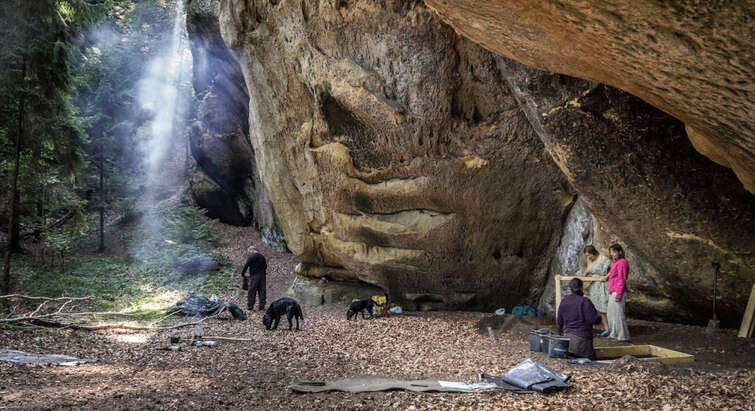
New DNA Evidence Reveals How Early European Farmers Shaped Forest Ecosystems

Researchers investigate the environmental safely of promising new biotechnological pesticides
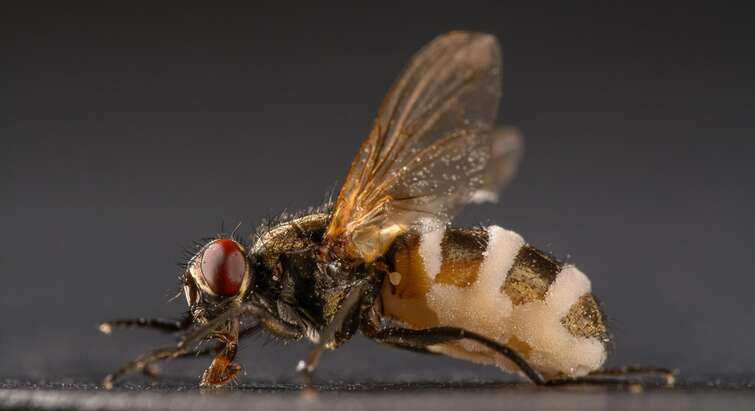
New knowledge about a fungus that turns 60-80% of the flies in your home into zombies
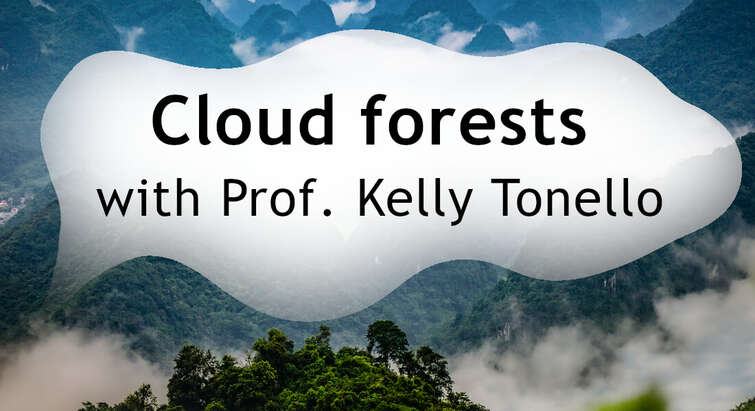
Cloud forests with Prof. Kelly Tonello
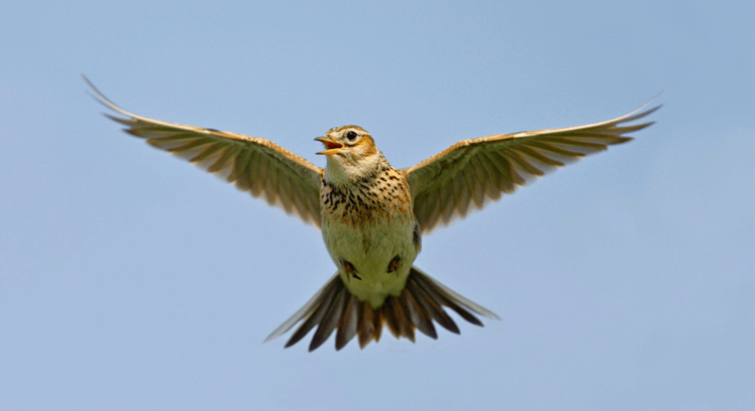
Climate change and land use impact local bird populations

Climate change and land use impact local bird populations

New podcast with Riikka Rinnan
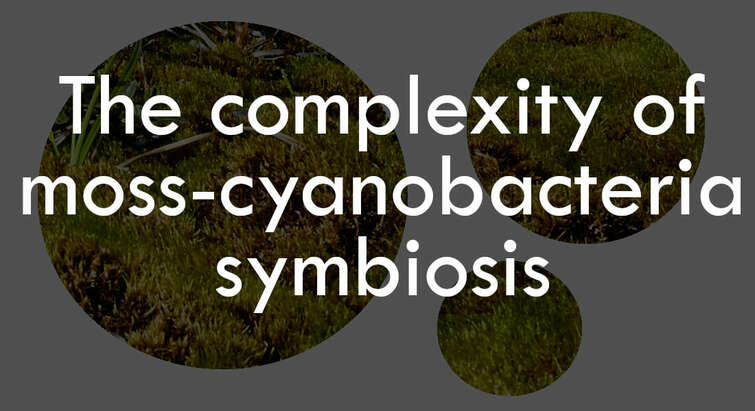
The complexity of moss-cyanobacteria symbiosis
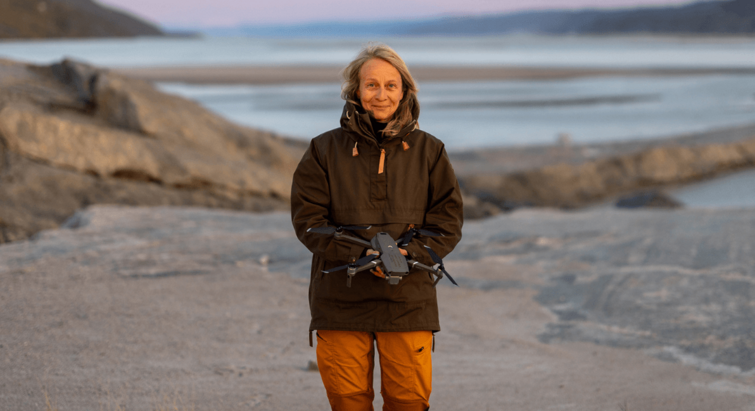
Unveiling the Muddy Realities in Earth's Rapid Transformations

Congratulations Laura!

